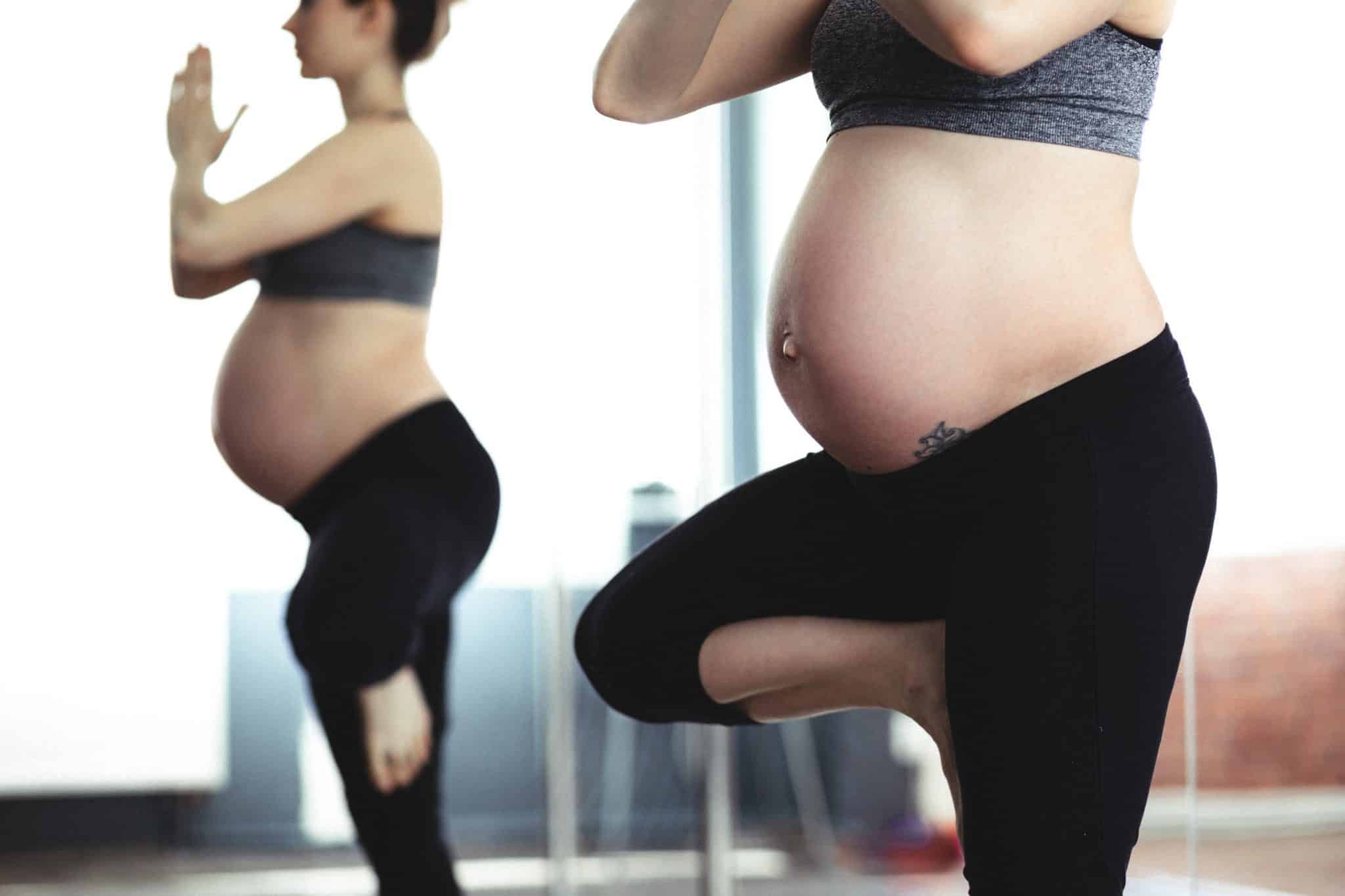UAMS Exercise Study Looking for Pregnant Women with Depression
| A new study at UAMS is testing whether exercise for pregnant women with depression could become an evidence-based treatment and alternative to antidepressant medications.
The pilot study supported by the UAMS Translational Research Institute is the first to test exercise as a possible treatment option for depression during pregnancy.
Ten pregnant women with depression are needed for the study, which is led by Shona Ray-Griffith, M.D., at the Women’s Mental Health Program in the UAMS Psychiatric Research Institute.
“Depression affects up to 10 percent of women during pregnancy and has negative impacts on both the mom and baby,” said Ray-Griffith, an assistant professor in the Department of Psychiatry of the UAMS College of Medicine. “It’s important that we not only recognize the signs of depression but that we adequately address it during and after pregnancy.”
Some of the effects of depression on pregnant women include:
- Difficulty taking care of oneself, including following medical recommendations and eating and sleeping properly
- Increasing the risk of substance use during pregnancy
- Interference with mother-baby bonding
“Research has shown that aerobic exercise can help people with major depression, and exercise has been shown to decrease depressive symptoms during pregnancy,” Ray-Griffith said. “But it has never been studied as a potential treatment option for pregnant women with depression.”
Ray-Griffith is a recipient of a Translational Research Institute KL2 Mentored Research and Career Development Scholar Award, which provides promising early career researchers with two years of research and education support.
She also notes that the American College of Obstetricians and Gynecologists, the Centers for Disease Control and Prevention, and the American College of Sports Medicine all promote exercise in healthy, pregnant women.
Women who enroll in the study will undergo 12 weeks of mild-to-moderate intensity aerobic exercise. The study will also:
- Identify elements of the exercise program that are important to the pregnant women with depression who are taking part in the exercise program.
- Examine the impact of exercise therapy on depressive symptoms before and after birth
- Collect data that will help determine whether the therapeutic effect of exercise on depression can be measured by biological processes.
“Our study has the potential to expand evidence-based treatments to include exercise as an alternative to medication for pregnant women with depression,” Ray-Griffith said.
Those interested in enrolling may call 501-526-8525 for more information.
The project described is supported by the UAMS Translational Research Institute (TRI), grant UL1TR000039 through the National Center for Advancing Translational Sciences of the National Institutes of Health (NIH). The content is solely the responsibility of the authors and does not necessarily represent the official views of the NIH.
UAMS is the state’s only health sciences university, with colleges of Medicine, Nursing, Pharmacy, Health Professions and Public Health; a graduate school; hospital; northwest Arkansas regional campus; statewide network of regional centers; and six institutes: the Winthrop P. Rockefeller Cancer Institute, Jackson T. Stephens Spine & Neurosciences Institute, Harvey & Bernice Jones Eye Institute, Psychiatric Research Institute, Donald W. Reynolds Institute on Aging and Translational Research Institute. It is the only adult Level 1 trauma center in the state. UAMS has 2,727 students, 870 medical residents and five dental residents. It is the state’s largest public employer with more than 10,000 employees, including 1,200 physicians who provide care to patients at UAMS, its regional campuses throughout the state, Arkansas Children’s Hospital, the VA Medical Center and Baptist Health. Visit www.uams.edu or www.uamshealth.com. Find us on Facebook, Twitter, YouTube or Instagram.
